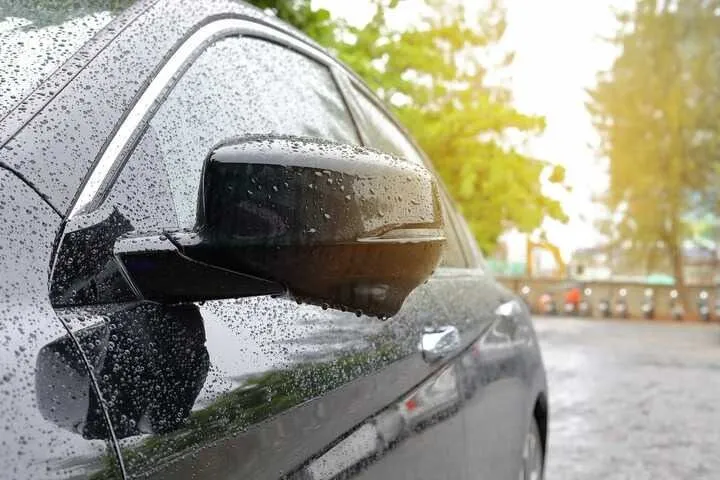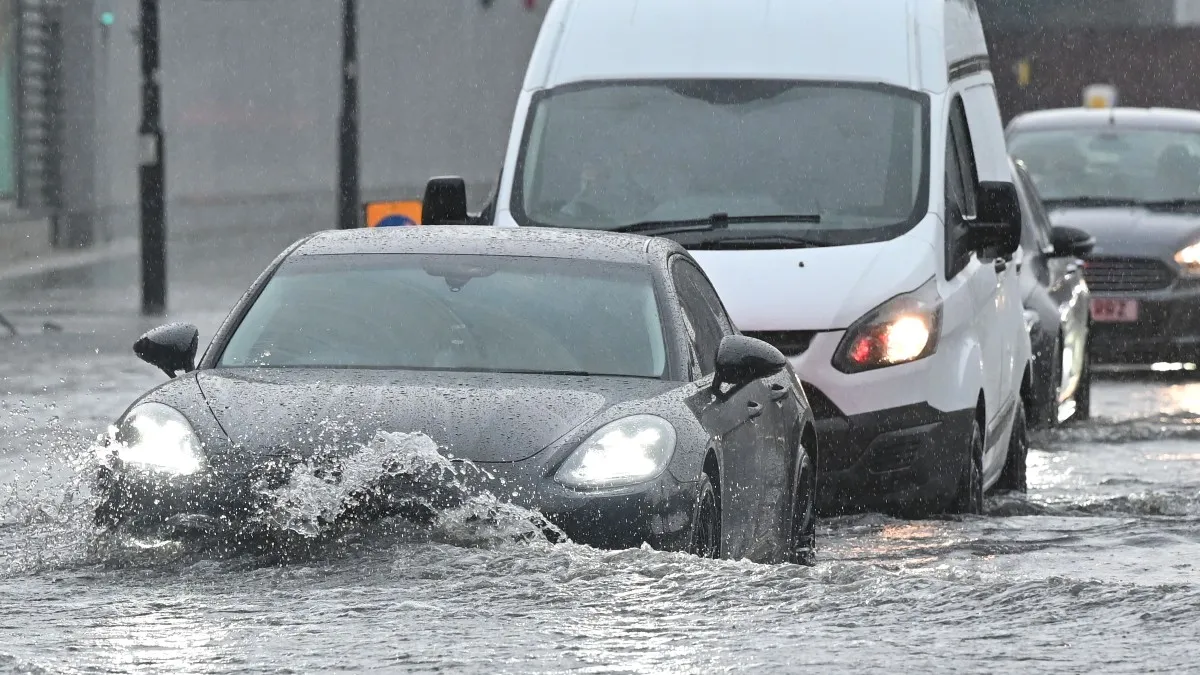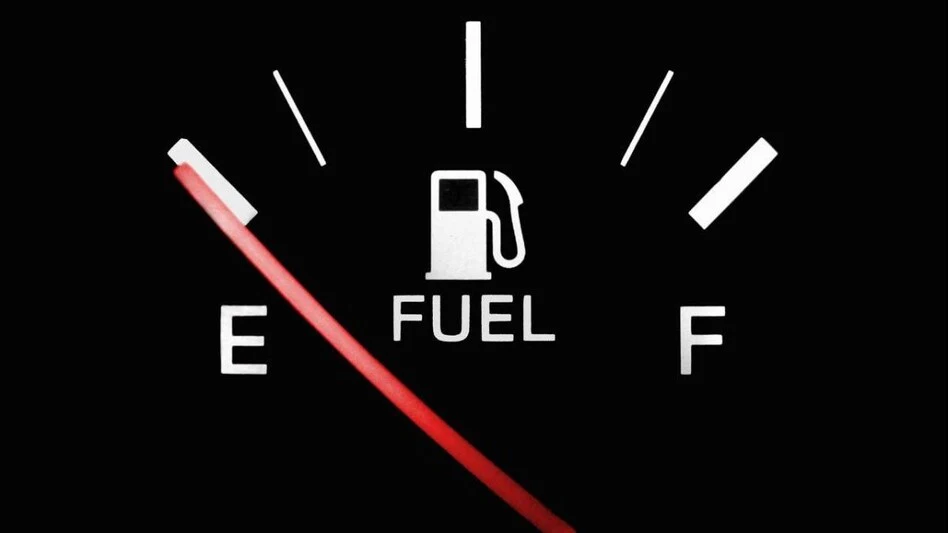Introduction
When the monsoon season hits India, it brings with it a plethora of challenges for car owners. The rain-soaked roads and increased humidity can take a toll on your vehicle, making car care during this season more crucial than ever. From ensuring proper visibility to protecting the exterior from rust, there are several steps you need to take to keep your car in top shape. Let’s dive into some essential car care tips for the rainy season in India.
Preparing Your Car for the Rainy Season

Checking and Replacing Wipers
Your windshield wipers are your first line of defense against heavy rains. Ensure they are in good working condition and replace them if they are worn out. Good wipers will clear your windshield effectively, ensuring clear visibility.
Inspecting and Maintaining Tires
Tires are critical for safe driving, especially on wet roads. Check the tread depth and ensure there is adequate grip. Properly inflated tires will also reduce the risk of hydroplaning.
Ensuring Proper Functioning of Lights
Your car’s lights, including headlights, taillights, and fog lights, are vital during heavy rains and low visibility conditions. Ensure all lights are working correctly and replace any burnt-out bulbs.
Protecting the Car’s Exterior

Regular Washing and Waxing
Regular washing helps remove grime and dirt that can cause rust. Waxing your car adds an extra layer of protection against water damage.
Underbody Protection
The underbody of your car is highly susceptible to rust during the rainy season. Applying a protective coating can help prevent corrosion.
Using Car Covers
When parked, use a waterproof car cover to protect your vehicle from rain and moisture. This will also prevent water spots and potential damage to the paint.
Interior Maintenance During Monsoons

Keeping the Interiors Dry
Moisture inside the car can lead to mold and unpleasant odors. Use floor mats that can be easily cleaned and dried, and always keep a cloth handy to wipe off any excess moisture.
Using Moisture Absorbers
Moisture absorbers can help keep the interior of your car dry. Silica gel packs or activated charcoal can be placed under the seats to absorb excess moisture.
Cleaning and Disinfecting Upholstery
Regular cleaning and disinfecting of the upholstery can prevent the growth of mold and bacteria, keeping your car smelling fresh and clean.
Engine and Battery Care
Regular Engine Checks
The engine is the heart of your car, and it needs extra care during the monsoon. Regularly check for any leaks or unusual noises and ensure all fluids are at the proper levels.
Battery Maintenance Tips
Wet weather can affect your car battery. Check the battery terminals for any corrosion and ensure they are tightly connected. Keep the battery charged to avoid any starting issues.
Ensuring Proper Insulation
Proper insulation of the engine bay is crucial to prevent water from entering and causing damage. Check the seals and gaskets to ensure they are intact.
Brake System Check
Importance of Brake Checks
Your brakes are crucial for safety, especially on slippery roads. Regularly check the brake pads and discs for wear and tear.
How to Test and Maintain Brakes
Test your brakes in a safe environment to ensure they are functioning correctly. Listen for any unusual noises and get them inspected if you notice anything off.
Ensuring Proper Visibility

Maintaining Clean Windshields
A clean windshield is essential for visibility. Regularly clean it with a good-quality glass cleaner and ensure the wipers are working effectively.
Using Anti-Fog Solutions
Anti-fog solutions can be applied to the inside of your windows to prevent them from fogging up. This is particularly useful during humid weather.
Adjusting Rearview Mirrors
Ensure your rearview mirrors are adjusted correctly for optimal visibility. Clean them regularly to avoid any dirt buildup.
Avoiding Rust and Corrosion
Rust Proofing Methods
Rust proofing your car involves applying a protective coating to prevent rust formation. Consider professional rust proofing treatments for long-lasting protection.
Tips to Prevent Corrosion
Keep your car clean and dry, and promptly repair any scratches or dents to prevent rust from developing.
Dealing with Waterlogging

Precautionary Measures
Avoid driving through waterlogged areas whenever possible. If you must, drive slowly and steadily to prevent water from entering the engine.
What to Do if Your Car Gets Stuck
If your car gets stuck in water, avoid restarting the engine. Push the car to a dry area and call for professional help to inspect and repair any damage.
Electrical System Maintenance
Protecting Electrical Components
Water can damage electrical components, so ensure all connections are properly sealed and insulated. Avoid parking your car in areas prone to flooding.
Checking Wiring and Fuses
Regularly check the wiring and fuses for any signs of wear or damage. Replace any faulty components immediately.
Fuel System Care

Ensuring Clean Fuel
Always use clean, uncontaminated fuel. Water in the fuel can cause serious damage to the engine.
Avoiding Fuel Contamination
Ensure the fuel cap is tightly closed to prevent water from entering the fuel tank.
Driving Tips for the Rainy Season
Safe Driving Practices
Drive slowly and maintain a safe distance from other vehicles. Use your headlights and fog lights for better visibility.
Handling Skids and Hydroplaning
If your car starts to skid, steer in the direction you want to go and avoid braking suddenly. Hydroplaning can be avoided by driving at a slower speed.
Maintaining Safe Distance
Keep a larger distance between your car and the vehicle in front of you to account for the increased stopping distance on wet roads.
Emergency Preparedness
Creating an Emergency Kit
Prepare an emergency kit with essentials like a flashlight, first aid supplies, and a toolkit. Keep it in your car at all times.
Knowing Emergency Contacts
Have a list of emergency contacts handy, including roadside assistance and a trusted mechanic.
Regular Maintenance Schedule
Importance of Regular Check-Ups
Regular check-ups can help identify and fix issues before they become major problems. Follow the maintenance schedule recommended by your car manufacturer.
Creating a Maintenance Calendar
Create a maintenance calendar to keep track of regular servicing and inspections. This ensures your car is always in top condition.
Conclusion
Taking care of your car during the rainy season in India requires extra effort and attention. By following these tips, you can ensure your car remains in excellent condition, providing a safe and comfortable ride despite the challenging weather conditions. Remember, preventive maintenance is always better than dealing with costly repairs later.
FAQs
How often should I check my car during the rainy season?
It’s advisable to check your car every two weeks during the rainy season to ensure everything is functioning properly and to address any issues promptly.
What is the best way to prevent my car from rusting?
Regular washing, applying a protective wax coat, and using rust-proofing